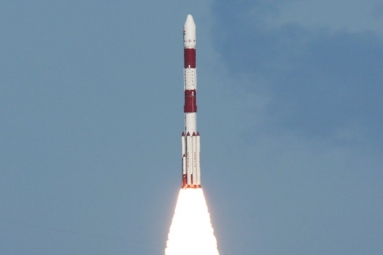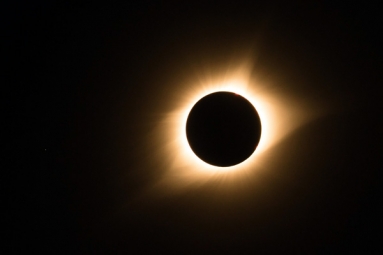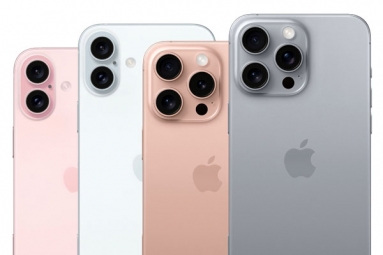
(Image source from: The Conversation)
A research team, including an Indian origin, have designed a new wearable system to remotely monitor the elderly and provide quick first-aid when needed.
This new wearable system can provide relief to the elderly who are at risk of falls. The system detects abnormalities in the elderly's heart rate and temperature and also provides urgent first aid though drones if a fall occurs.
The researchers, in the study published in the journal Sensors, described how a wearable device can monitor vital signs making use of a wireless sensor attached to the upper arm and direct an alert to an emergency call center if physiological abnormalities or a fall are sensed.
"When a case is critical, first aid supplies can be delivered to the patient via a drone, up to 105 seconds faster than an ambulance," said Indian-origin researcher Javaan Chahl, Professor at the South Australia University.
"We have also designed an advanced smartphone-based program that uses an intelligent autopilot, containing a destination waypoint for planning the path of a drone," said Sadik Kamel Gharghan from Middle Technical University in Iraq.
Read: Scientists Create Gold a Million Times Thinner Than Fingernail
Consisting of a micro-controller, a GPS module to track the location, two bio-sensors, and a GSM module to send a notification to the smartphones of caregivers, this fall detection device also includes a first-aid package, a smartphone, and a drone to deliver the package.
As per estimation, around 30 percent of adults over the age of 65 go through at least one fall per year. In many cases, the elderly end up fracturing a hip or suffering head injuries.
In recent years, the annual global cost of fall-related acute care for aged people has risen dramatically as the world's population ages.
According to the most recent figures, fall report for 40 percent of injury-related deaths and one percent of total deaths in people aged over 65 years.
By Sowmya Sangam









